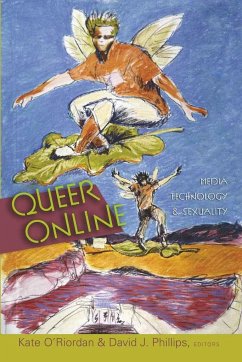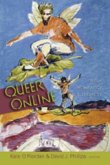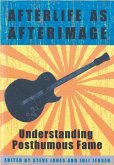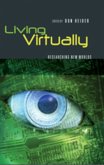This collection draws together contemporary research into queer theory and practices, as they intersect with new media and communication technologies. It provides a synthesis of critical debates in these fields followed by empirical analyses of current and historical internet activities. These include, among others, a study of changing leathersex identities as meeting spaces moved from bars to online chat rooms, an investigation of the dynamics of racial identity as social sites moved from text-based to visually-based media and the tensions between community and audience identities inherent in commercial affinity portals.
The chapters investigate the relations between the technical, legal and industrial organization of online media and the queer practices that they facilitate. While scholarly and theoretically rigorous, its rich empirical detail makes Queer Online vital reading for activists and members of queer communities, in the academy and beyond.
The chapters investigate the relations between the technical, legal and industrial organization of online media and the queer practices that they facilitate. While scholarly and theoretically rigorous, its rich empirical detail makes Queer Online vital reading for activists and members of queer communities, in the academy and beyond.
«This richly textured, multi-sited collection explores the micropolitics and cultural realities of sex, gender and queer bodies/identities as they are mediated through new information and communications technologies. In articulating the specificities of queer(ing) technopractices on the worldwide web and off, the authors explore the limits and transformative possibilities of cyber/queer theorizing and practice to date. This book will be an invaluable resource for students of queer theory and of cultural and critical technology studies, both separately and in their generative/disruptive intersections.» (Lucy Suchman, Centre for Science Studies, Lancaster University, United Kingdom)








